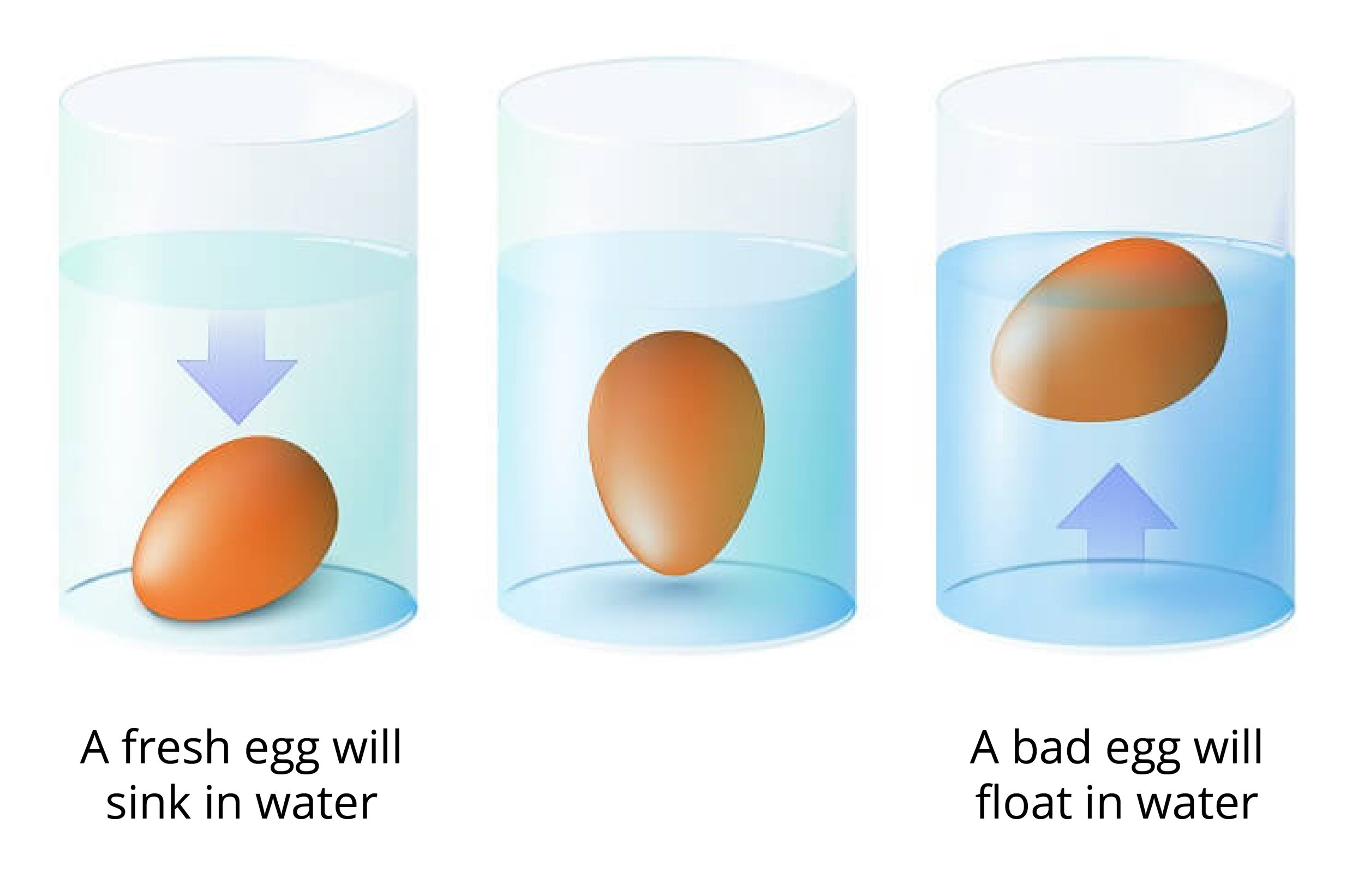About our eating eggs
Natural Pasture Fed Chicken Eggs
We take great pride in the welfare and environment of our hens. All our laying hens live in small mobile coops with constant access to our pasture. We regularly move the runs to give them new areas to feed and display their natural behaviours. The maximum number of hens in our largest coop is 150 birds but most of our coops house just 30 birds or less. The hens have access to Millhouse Layers pellets from our local cheshire mill founded in 1878 and the pasture which has a mixture of grasses and herbs as well as any delicious grubs they can dig up! They are put to bed in their hen sheds at night to protect them from any predators, where they roost on elevated perches. We nearly always have cockerels with the flocks as we find the hens like the added security that they provide and it gives the flock much more of a natural family feel. A happy and well-nourished flock equates to great eggs.
Our laying flock contains a mixture of all our birds. Our main layers are our four different Hybrids (Blackrock, Copper Comet, Hi-Oak White and Hi-Oak Brown), these are supplemented by our Rare and Heritage breeds which gives us a diverse eclectic mix of beautiful hens which lay a stunning mixture of sizes and colours from dark chocolate brown right through to the palest blue egg.
There are NO growth promoters or artificial yolk colourants, no drugs and no antibiotics in the food. Not only do they look great but they are delicious and nutritious. Our eggs are picked and packed in the morning and sold in most cases the same day. You can’t get fresher than that! If looked after they can easily last 3 weeks.
Did you know?
The eggs you buy off the shelf in the supermarket can legally sit in a packing centre for up to 10 days from the date they were laid before they reach the shelves. If you add on the time given for the shelf life, imagine how old the eggs could be if you buy them a couple of days before the best before date! All eggs that reach the customer within 10 days of being laid can legally be marketed as fresh or extra fresh!
Top tip. If you’re ever worried about the freshness of an egg place it in warm water. If it floats throw it away.
Eggs are a true super food and pasture raised eggs are the best in class.
They have:
- 1/3 less cholesterol
- 1/4 less saturated fat
- 2/3 more vitamin A
- Two times more omega-3 fatty acids
- Three times more vitamin E
- Seven times more beta carotene 3 to 6 times more vitamin D
“There are more nutrients and better flavour in real pasture fed hens— by any measure free-range eggs are superior to standard supermarket eggs.”
Source: Mother Earth News (MEN)
There is extensive research into the benefit of pastured eggs. We find Mother Earth News a very interesting source of information on the benefits of a more natural approach to farming.
The importance of Vitamin D
There is extensive research into vitamin D, something in which many people are lacking. This research is showing that this common vitamin deficiency may be related to much more than just weak bones — from diabetes and cancer to heart disease, multiple sclerosis and even more susceptibility to viruses.
Our bodies can get vitamin D in two ways: when sunlight strikes our skin, or from our diet. In the north of England I think we can fairly say that for much of the year the sun is distinctly absent from our daily lives. We have to rely on our diet for our Vitamin D.
Eggs are one of a small list of foods that are naturally rich in vitamin D. The US dept of Agriculture (USDA) says supermarket eggs contain an average of 34 International Units per 100 grams. MEN tests of eggs from four pastured farms in Texas, Kansas, Kentucky and Pennsylvania found that their eggs contained three to six times as much vitamin D as the typical supermarket eggs. This means two scrambled eggs from pastured hens may give you 63 to 126 percent of the recommended daily intake of 200 IU of vitamin D.
Research also shows the best way of a human processing vitamin D (and any other nutrients for that matter) is to naturally consume it from your food not run for the highly processed vitamin tablets.





